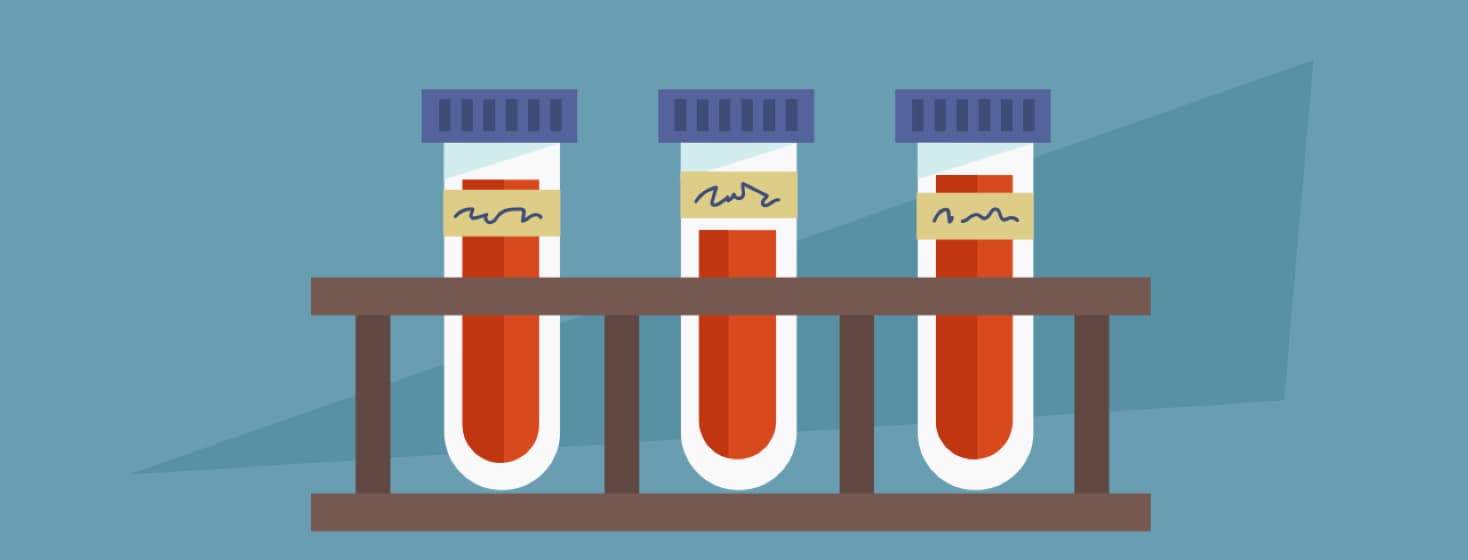Chronic Kidney Disease: What to Know About Hepatitis C Care
Chronic kidney disease (CKD) and hepatitis C might have a close connection. Hepatitis C infections may lead to kidney damage.
On the other hand, the risk of getting hepatitis C is higher if you have kidney disease, need dialysis or need a kidney transplant. The combination of chronic hepatitis C infections with CKD can speed up kidney damage and make kidney failure more likely.1
Because of these connections, an international group of experts created Kidney Disease Improving Global Outcomes (KDIGO) guidelines. One of KDIGO’s goals is to guide healthcare providers in preventing and treating hepatitis C for those with CKD.
Here’s what you need to know:
Screening for hepatitis C
KDIGO lists three major times you should be checked for hepatitis C if you have CKD. These include when you are newly diagnosed with CKD, and starting dialysis treatments.2
This includes peritoneal dialysis or hemodialysis – either at home or in a center or needing a kidney transplant.2
They also recommend being rescreened for hepatitis C every six months while on dialysis. If you or someone in your dialysis unit tests positive, you should expect to be screened more often.2
Screenings for complications of hepatitis C are also suggested. This includes liver complications like liver fibrosis, which is scarring and hardening of the liver, and portal hypertension which is high blood pressure in the vein between your digestive tract and your liver.2
Testing your kidney health regularly after a hepatitis C infection—especially with CKD—is also part of the KDIGO guidelines for your care.2
Treatment options for hepatitis C
Before 2008, if your kidneys weren’t working well, treating hepatitis C was much harder. This was especially true if you had stage 4 or 5 kidney disease or were on dialysis.3
Poor kidney health meant medication options were few, they were less likely to work, and the chance of medication side effects was higher.3
Today there are a number of medication options to treat hepatitis C:
- Harvoni (ledipasvir/sofosbuvir)
- Zepatier (elbasvir/grazoprevir)
- Epclusa (sofosbuvir/velpatasvir)
- Vosevi (sofosbuvir/velpatasvir/voxilaprevir)
- Mavyret (glecaprevir/pibrentasvir)
The KDIGO guidelines help healthcare providers choose the right combination of hepatitis C treatment plans based on your kidney function and the strain of the hepatitis C virus you have. Some of these options can even be used if your kidneys do not work well.2
Other important screenings treatments
Another important layer to treating hepatitis C in CKD is lowering your risk for other infections. Screening for hepatitis A and B, as well as HIV, is important in protecting your liver health and treating hepatitis C successfully. 2
Hepatitis A and B vaccinations can help protect against those viruses. HIV treatments are also important.2

Join the conversation